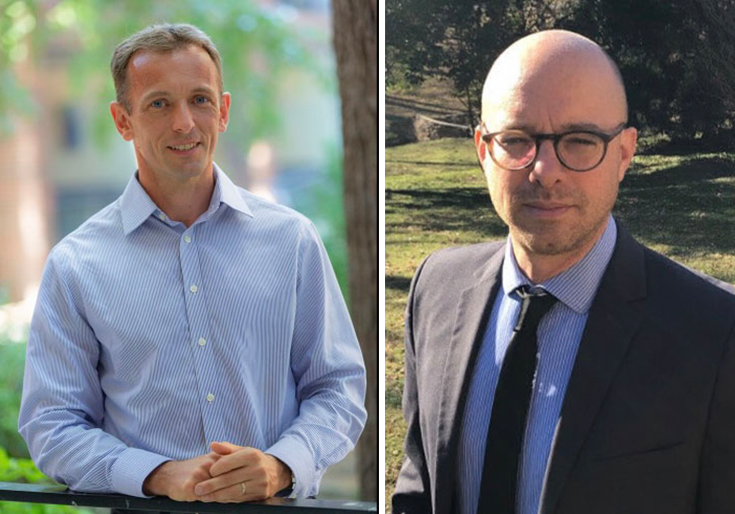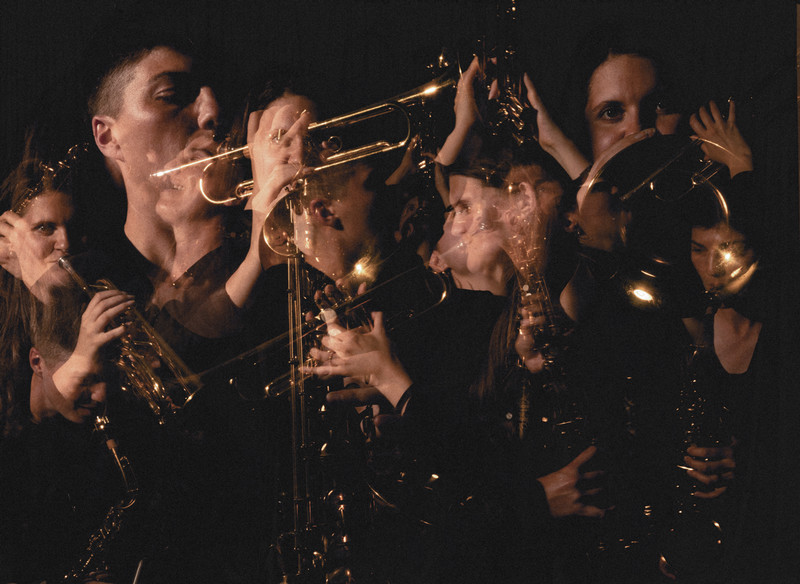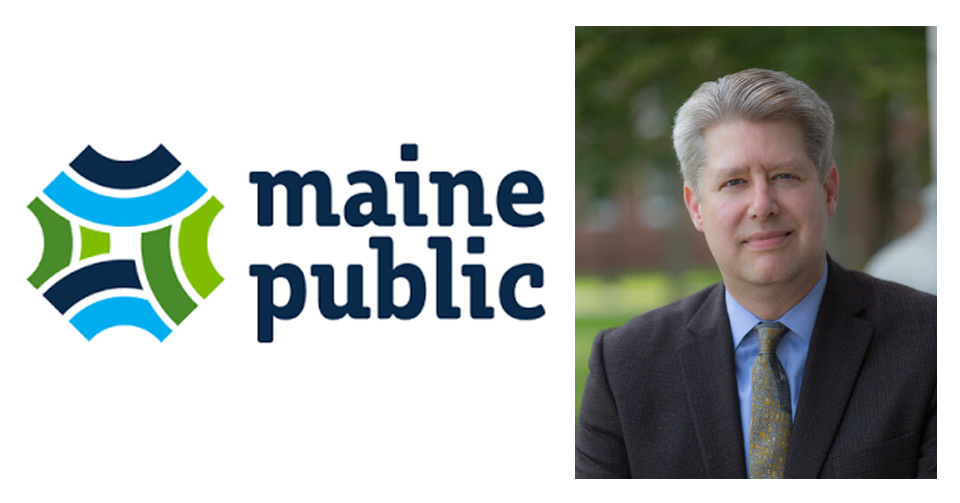Do Big Bucks Bring Big Rewards? Zorina Khan on the Role of Prizes in Driving Innovation
By Bowdoin NewsProfessor of Economics Zorina Khan shares her expertise and insights into the realms of economic history and technological progress with Resources Radio, the podcast by Resources for the Future, a nonprofit organization whose mission is to improve environmental, energy, and natural resource decisions through impartial economic research and policy engagement.

The topic of conversation was incentive prizes, notably Elon Musk’s announcement in April 2021 that he is offering $100 million in prize money, through the XPRIZE Foundation, to teams that come up with a large-scale carbon removal project that “can pull carbon dioxide directly from the atmosphere or oceans, and sequester it durably and sustainably,” according to the competition’s website.
Khan, who is also a research associate at the National Bureau of Economic Research, spoke about how such contests are used, what we can learn from past successes and failures, and how they compare with other mechanisms to spur innovation.
From the Resources Radio podcast:
- Unintended consequences of offering prizes for innovation: “Suppose that you were to offer $200 million for a superior mousetrap. Your prize is surely going to attract a posse of people to try to fix your root problem. But at the same time, this disproportionate payment is going to have unforeseen consequences, like inducing oncologists to switch from finding cures for cancer to competing for your mousetrap payout. And of course, there is no guarantee that the invention you select is actually going to be successful in the general marketplace.” (16:37)
- Markets, not prize systems, helped develop the US economy: “It’s not hyperbole to say that the American economy has been the most successful in all of human history. The question is, how did we get to this point? … In Europe, innovation policies were the opposite of inclusive. They felt that only privileged people with wealth or status were capable of recognizing and making valuable contributions. And my data show that rewards were based primarily on the identities of inventors, rather than the productivity of their discoveries. The American model was completely different. It was based on the principle that diversity of ideas mattered most.” (25:30)
- The problem with Elon Musk’s climate innovation contest: “The central problem isn’t ignorance of ways to resolve carbon emissions. The real problem isn’t that people need to have their attention drawn to this. The real problem is that we have an absence of markets, and we have incorrect prices. We don’t need grand innovation prizes. Instead, what we need to do is the tedious job of setting up mechanisms to ensure that there are correct market prices for emissions. How to do that is not a mystery.” (29:09)
The issues and the research Khan cites relate to her latest book, Inventing Ideas: Patents, Prizes, and the Knowledge Economy (Oxford University Press, 2020), in which Khan takes an interdisciplinary approach, drawing from law, economics, history, technology, and quantitative analysis, to propose a new theory of political economy regarding the fundamental differences in the nature of markets and administered innovation systems.



